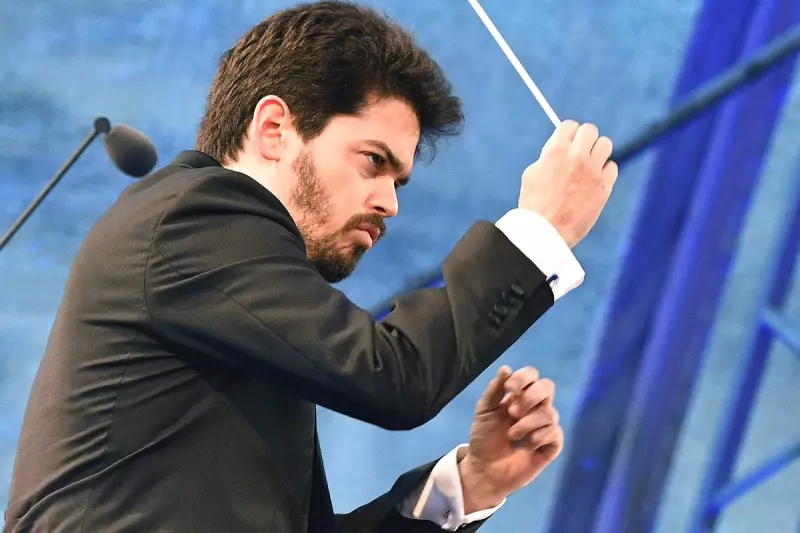
The revered Ghent Festival Orchestra has made a seismic decision, parting ways with its chief conductor, the internationally acclaimed Omer Meir Wellber. The rupture stems from a profound disagreement over the ongoing conflict in Gaza, placing the ensemble at the heart of a heated cultural and political debate.
Mr. Wellber, an Israeli national, was asked by the orchestra's management to endorse a public statement explicitly condemning the violence in Gaza. The conductor, whose career has taken him to the podiums of the BBC Philharmonic and the Semperoper Dresden, declined to add his signature to the document.
A Clash of Principles and Art
This refusal proved to be the catalyst for his immediate dismissal. The orchestra's board stated that his position had become "untenable," suggesting that a shared vision on fundamental humanitarian issues was a prerequisite for their artistic leadership. The move has been interpreted by some as a form of cultural boycott, a charge the orchestra has not directly addressed.
For his part, Mr. Wellber has long been a vocal advocate for peace and cross-cultural collaboration through music. He has previously worked on projects aimed at bridging divides between Israelis and Palestinians. His supporters argue that forcing an artist to publicly declare a specific political stance is a violation of artistic freedom and personal conscience.
Reactions and the Road Ahead
The decision has sent ripples through the international classical music community, igniting conversations about the increasingly blurred line between art and political activism. Should cultural institutions demand that their artists hold and publicly profess specific political views?
The Ghent Festival Orchestra is now tasked with finding a new maestro to lead its future productions. Meanwhile, Omer Meir Wellber's scheduled performances, including a highly anticipated production of Wagner's Tristan und Isolde, have been abruptly cancelled. This incident in the historic Belgian city of Ghent underscores the powerful and often uncomfortable ways in which global conflicts can reverberate within the hallowed halls of cultural institutions.





